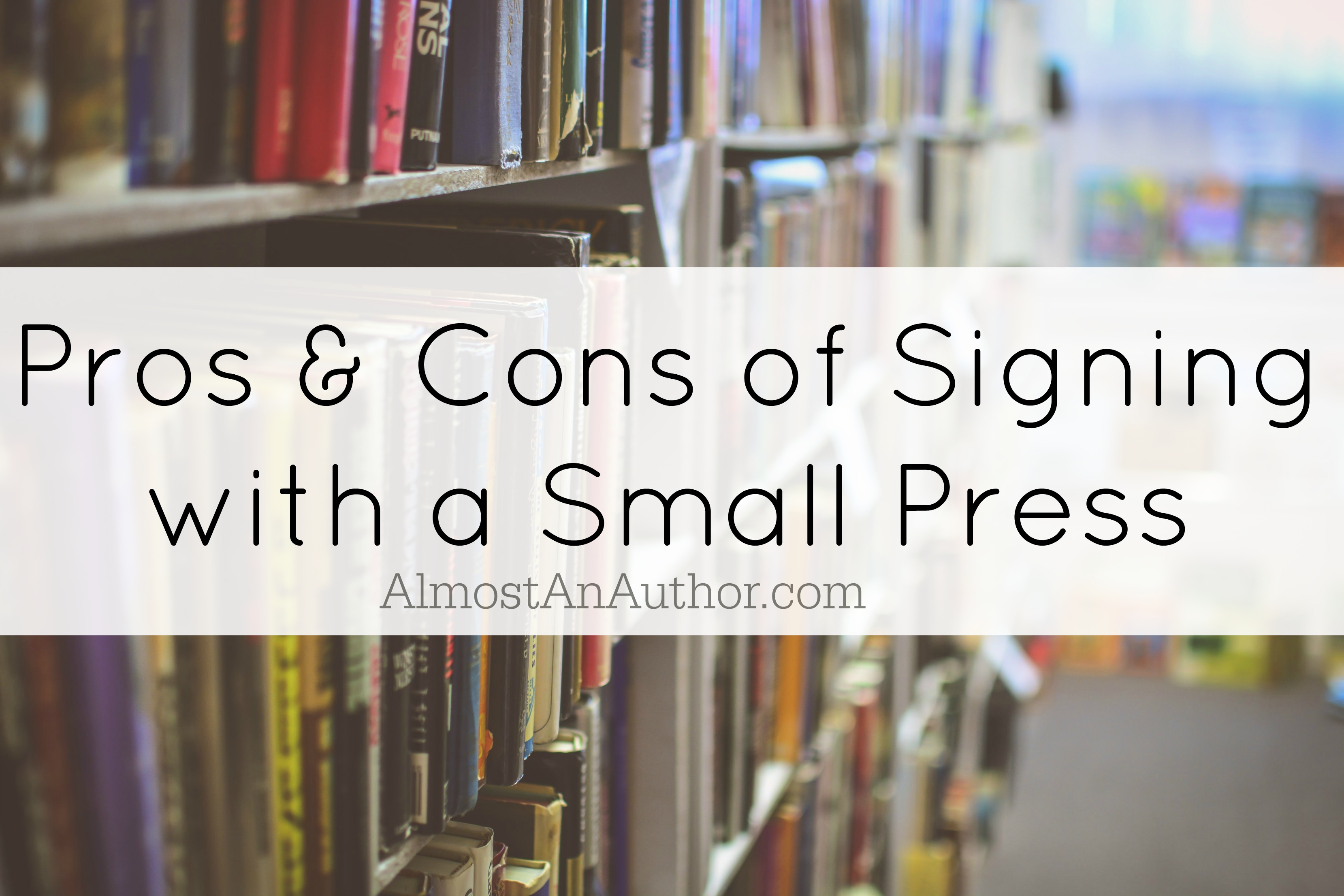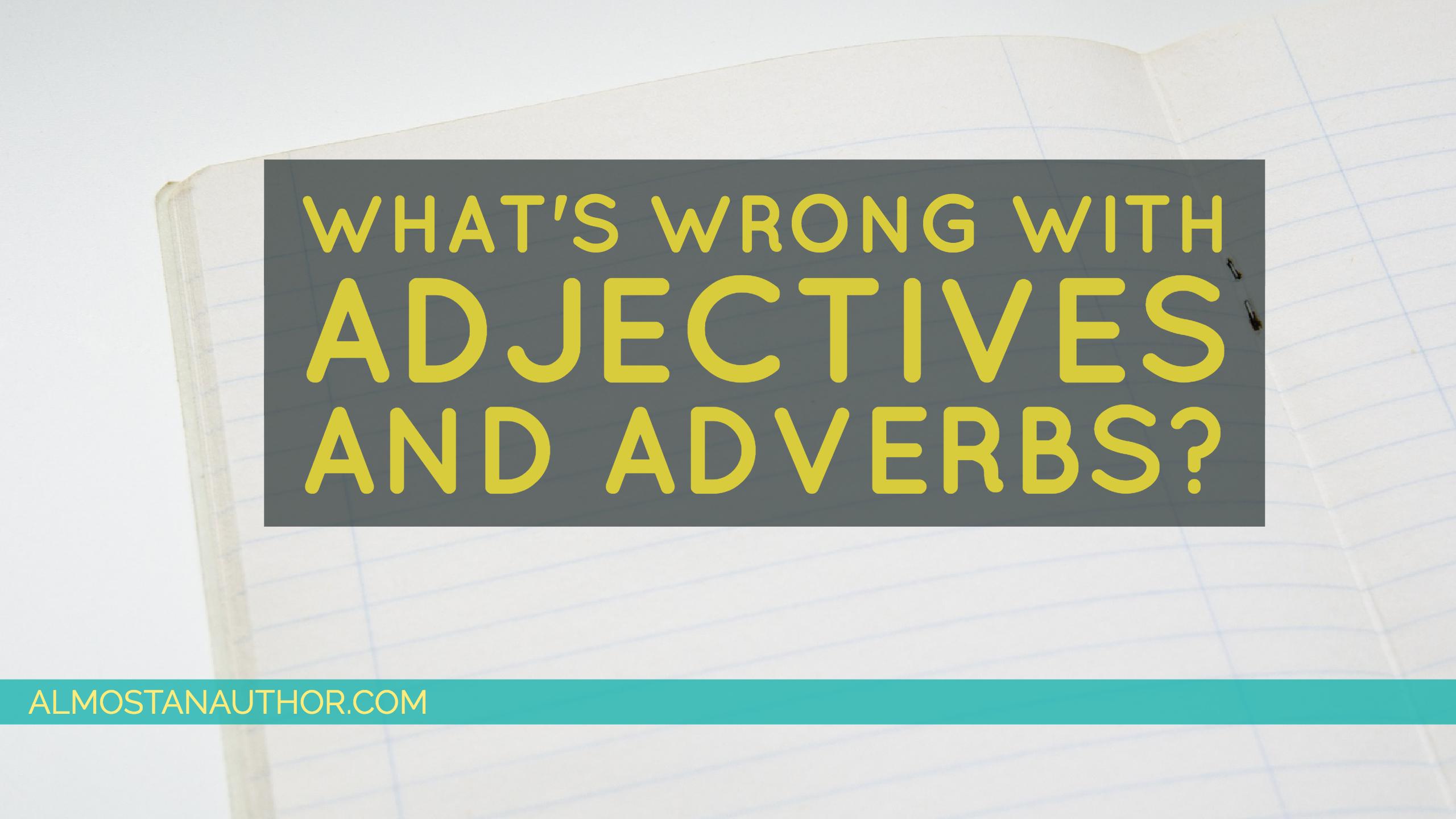I was sixteen when I attended my first writing conference. My goal wasn’t to find a publisher; in fact, I didn’t think there were any publishers at the conference who were acquiring YA fiction. Because of this, I chose to fill my appointment time slots with meeting authors and an editor over a teen devotion website. It was during this appointment that the acquisitions editor for Lighthouse Publishing of the Carolinas (LPC) overheard I wrote YA fiction and requested to see the first chapter of my MS.
After reading the chapter and asking me questions about the story, he then requested that I send him the full MS. A few months later, LPC offered me a contract.
Of course, I was ecstatic at his request. But I was also a newbie in the industry. How could I be sure that this company was legit?
I spent hours researching as much as I could about the publishing industry while polishing my manuscript. I soon discovered that the publisher, Eddie Jones, was highly respected. After several months of prayer (and several emails on my behalf apologizing for the wait), I finally signed the contract. And yes, I am very proud to say that my debut novel, Purple Moon, was published in 2013 by Lighthouse Publishing of the Carolinas. (They have been an amazing company to work with!)
Now, my second YA novel, Unwritten Melody, will be released this November by Clean Reads.
I know there are probably several authors who might hesitate, just like I did, before they hand their baby over to a small press. That’s understandable. We do need to be careful about every decision we make in our writing career.
But I’ve realized that being published by a small press doesn’t have to be a “plan B” option. In my opinion, signing with a small press combines the benefits of both traditional and self-publishing.
Here are some perks I’ve discovered that come with having your book published with a small to medium-sized publisher:
- They’re more likely to take chances on a new author.
In 2010, when I attended the conference and met my publisher for Purple Moon, I was only five months into building my online presence. A bigger publisher probably wouldn’t have been willing to take the risk on signing with me, a newbie and teen writer at the time.
Building a platform is even more important now than it was then. From what I’ve witnessed through my internship at Hartline Literary Agency this year, publishers rarely sign with an author who doesn’t already have a readership — regardless of how talented the writer is. It’s too difficult for them to sell books by debut authors, and since they only allow a certain number of publishing slots to be filled per year, the author may be competing against well-known and established authors. Smaller publishers, on the other hand, seem to be more flexible when it comes to signing new authors.
- They’re willing to take chances in specific genres.
As a writer, there’s nothing more frustrating than pouring hours into writing your book — and then realizing there are no current publishers who are acquiring your genre. This is how I’ve felt the past few years about the Christian YA market. Bigger publishers haven’t had much success in this genre recently; thus, they aren’t seeking to take on many (if any) YACF projects. Again, smaller publishers have more flexibility in this area.
- Smaller presses usually offer larger royalty percentages.
Since small to medium-sized publishers can’t always offer an advance, the author’s royalty percentages tend to be higher. This also means that the authors don’t have to stress about paying out their advance.
In a larger house, it’s much more difficult for an author to stand out in the crowded market, sell the amount of copies that will please their publisher, and then have another contract offered.
- Smaller presses offer more freedom and flexibility.
Many of the smaller publishing houses welcome the author’s input when it comes to designing the book cover. Authors do have a say in a larger house as well, but more often, small companies are more likely to meet what the author had envisioned and welcome their feedback in the process. (The cover designer, however, still has the final say in this area.)
- Smaller presses tend to have faster release dates.
When an author signs with a large house, they can expect to wait 1 – 2 years minimum for the book’s release. Of course, that allows plenty enough time for editing and marketing. But smaller presses are sometimes able to release the book within the same year, if all goes according to plan.
- Many small publishers don’t require submissions from agented authors only.
LPC contracts authors they meet at conferences, or they’ll sign with books submitted by the agent. However, the majority of small/medium-sized publishers — including Clean Reads, White Fire Publishing, Ambassador International, Entangled Publishing, etc. — are open to un-agented submissions. This, of course, means that the author doesn’t have to split their royalty checks.
If you’re trying to decide between seeking a contract with a large publisher or a small/medium-sized publisher, here are some disadvantages to small press publishing that might help provide the complete spectrum:
- Low (or zero) marketing budget.
Many small publishers do not have a marketing budget, and they typically don’t assign a publicist for their authors. Then again, the majority of book marketing these days falls on the shoulders of the author anyway. And that’s not to say that the publisher might aid in the author’s marketing in other ways. (Both LPC and Clean Reads provide their authors with plenty of help, advice, and tools that boost book sales.)
- Little to no advance.
But as I mentioned earlier, no advance also means higher royalty percentage.
- Most bookstores prefer to sell books that are published by larger houses.
As much as I love bookstores, the truth is, they’re no longer the most popular place for readers to find authors. The majority of book sales are usually driven by online marketing efforts and sales that are generated through e-copies of the book.
- In some small houses, the cover art isn’t as quality as a larger publisher’s book covers.
This is usually due to low budget. I can’t personally vouch for this, since the covers at LPC and Clean Reads are top-notch.
If you’re considering trusting your book into to hands of a small publisher, I recommend that you spend the necessary amount of time doing research, praying, and weighing pros and cons. Every writer’s publishing journey is different. The great thing about today’s writing industry is that there are a variety of publishing options available to the aspiring author. Choose the direction that best fits your vision as an author and the publishing model that you believe will further your career the most.
If you were to be offered a contract from a smaller publisher, would you accept it? Or would you prefer to wait for a potential contract with a larger house instead?





 We love helping your growing in your writing career.
We love helping your growing in your writing career.

Nice article… Well said. I also published my debut novel with LPC and have loved it for all the reasons listed above. I’m so glad I decided to sign with a small house.
I’m very grateful to have had my debut novel be published by LPC. The publishing team works hard to help promote books, pray for the releases, and produce quality products. =) Thanks for commenting!
Small press or large press? I’ve done a lot of research into who publishes Christian fiction. The big publishers certainly offer more in the way of publishing and marketing support, but they are difficult to break in to – especially if you can’t get to one of the big Christian writing conferences.
I’ve found some great small presses, like WhiteFire Publishing and LPC. Unfortunately, I’ve also found a lot which don’t do a good job for their authors, providing second-rate covers and shoddy editing. I’ve also found a lot of expensive vanity presses targeting Christian writers who don’t know better. Sure, a small press might not give you an advance. But nor do they ask you to pay to publish.
Big press, small press, self-publishing. They all have their advantages and disadvantages. I think the most important thing is to do your research, and only sign with a publisher that offers a fair contract, and can do more for your novel than you could do by yourself.
If you’re interested, I’ve compiled my research into a free download from my website, christianediting [dot] co [dot] nz).
Well said. I think every author should take into consideration their own goals as an author and make sure that their decisions line up with their personal vision as an author. Of course, we should also take into consideration the industry as well—such as the trends in publishing. For example, many large publishing houses are not publishing YA Christian fiction unless the author is established and has a large platform. Small presses, on the author hand, will give it more consideration.
Thanks for commenting!
Thank you so much for this, Tessa! It was full of invaluable info, and exactly the post I needed. Definitely bookmarking it for future reference :).
Glad you found it helpful, Savannah! =)
I think I agree with everything you’ve said. I’ve also developed a personal relationship with the owner of the small press I’ve been published with. I love working with them.
I commented to someone a while back. While we see an explosion in YA fiction in the secular market and seeing huge conferences such as the Greater Rochester Teen Book Festival, we’re seeing very little YA Christian fiction. In the 90s, we actually saw more Christian fiction. Somebody told me the Christian publishers usually didn’t make such on YA fiction. It wasn’t the teens buying the books themselves, but it was a relative who bought the book for the teen. I sure wish we would see more YA Christian fiction.